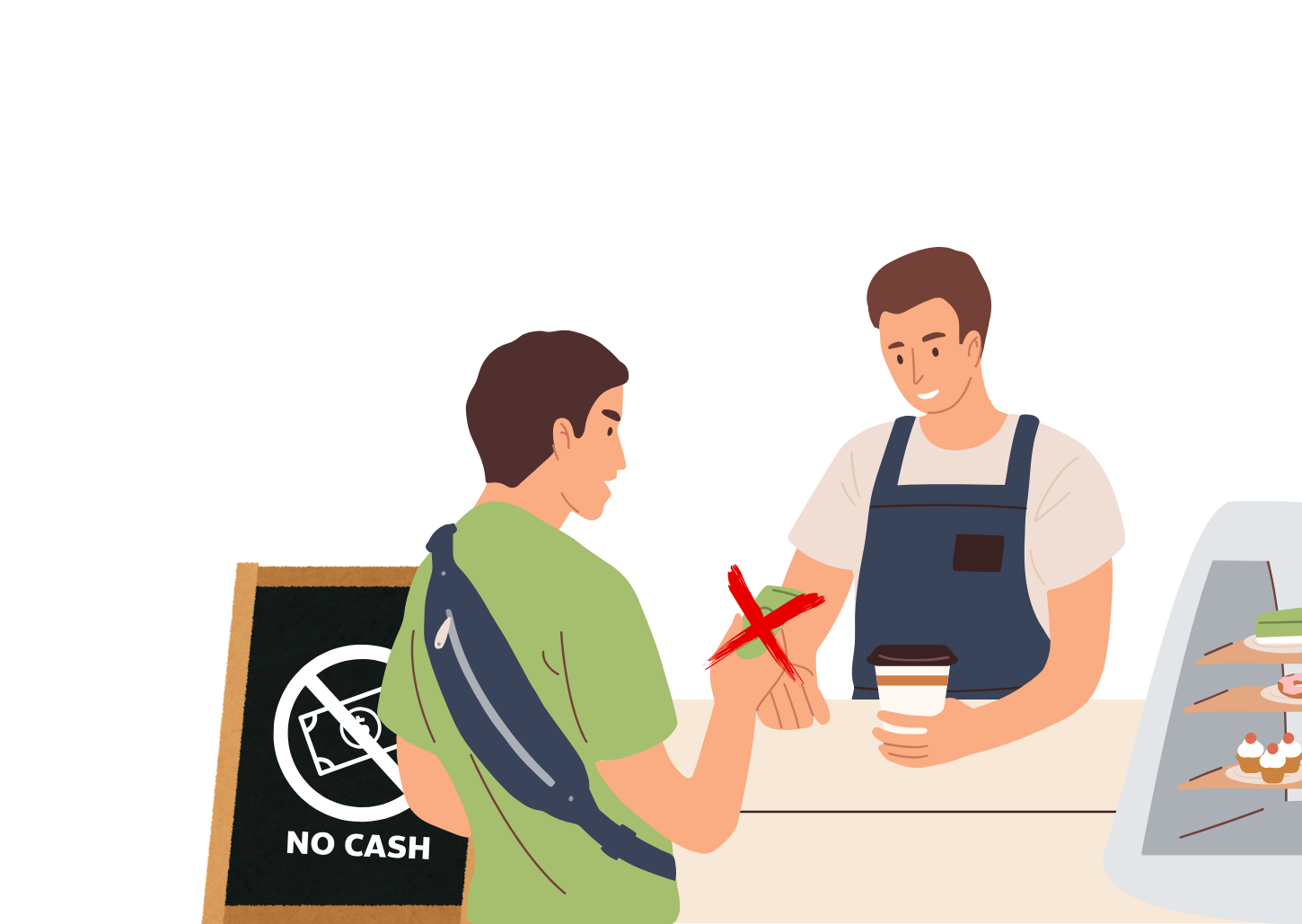What If We Banned Cash Today?

Imagine walking into your favorite coffee shop, ordering your usual latte, and realizing there is no cash option at checkout. Instead, every transaction is digital—whether through a card, an app, or even a wearable device. What would happen if cash disappeared overnight? This blog delves into the potential consequences of banning cash and examines how businesses and consumers alike would need to adapt.
The Role of Cash: Still Essential in a Digital Age
Despite the increasing adoption of digital payments, cash remains a fundamental component of the US economy. It offers a level of reliability, security, and universality that digital payments cannot always match. Cash is not dependent on technology or infrastructure, making it universally accessible, even in areas with limited internet access. According to the Federal Reserve's report, cash continues to play a crucial role in ensuring that all individuals have access to basic financial services and transactions. If cash were banned today, the unique advantages of cash—such as its reliability and accessibility—would be lost, affecting millions who depend on it daily.
Everyday Transactions in a Cashless Society
If cash were banned, everyday transactions would dramatically change. Digital payments would become the norm, but this shift could create challenges for many. Technological adaptation is essential, and for small businesses, the financial and logistical burden of adopting new technologies can be significant. The PCBB highlights the potential hurdles, including the costs of implementing digital payment systems and the risk of losing customers who prefer or rely on cash. Moreover, privacy and security concerns may deter some individuals, particularly older generations, from fully embracing a cashless economy. As more businesses move toward cashless transactions, those that remain cash-only may find it increasingly difficult to stay competitive.
Security and Privacy Concerns
While a cashless society offers convenience, it also brings significant security and privacy issues. Digital payments are traceable, raising concerns about how transaction data is managed and protected. The risk of data breaches and identity theft increases as more transactions move online. Consumers may worry about how their personal and financial information is handled. Balancing convenience with security will be essential in a cashless world. Discussions on these issues are detailed in Robot's analysis and Toptal's market research.
The Business Impact: Adapting to a Cashless Future
For businesses, transitioning to a cashless society can streamline operations, reduce handling costs, and minimize errors. However, this shift requires significant investment in digital payment infrastructure. Companies must weigh the costs against the potential benefits, such as increased efficiency and customer satisfaction.
Cashmaster offers advanced cash management solutions that help businesses adapt to this changing landscape. By optimizing cash handling processes, businesses can prepare for a future where digital payments dominate, while still managing any remaining cash transactions with precision and ease. Explore more on on our website.
Are We Ready for a Cashless Society?
The prospect of banning cash raises many questions about accessibility, security, and the future of commerce. While a cashless society promises convenience, it also requires careful consideration of its broader impacts. As we move toward this potential future, businesses must adapt their strategies to remain competitive.
Curious about how your business could benefit from more efficient cash management? Try our free ROI calculator to discover your potential savings with Cashmaster's solutions.
.png?width=352&name=digital%20vs%20cash%20(1).png)

